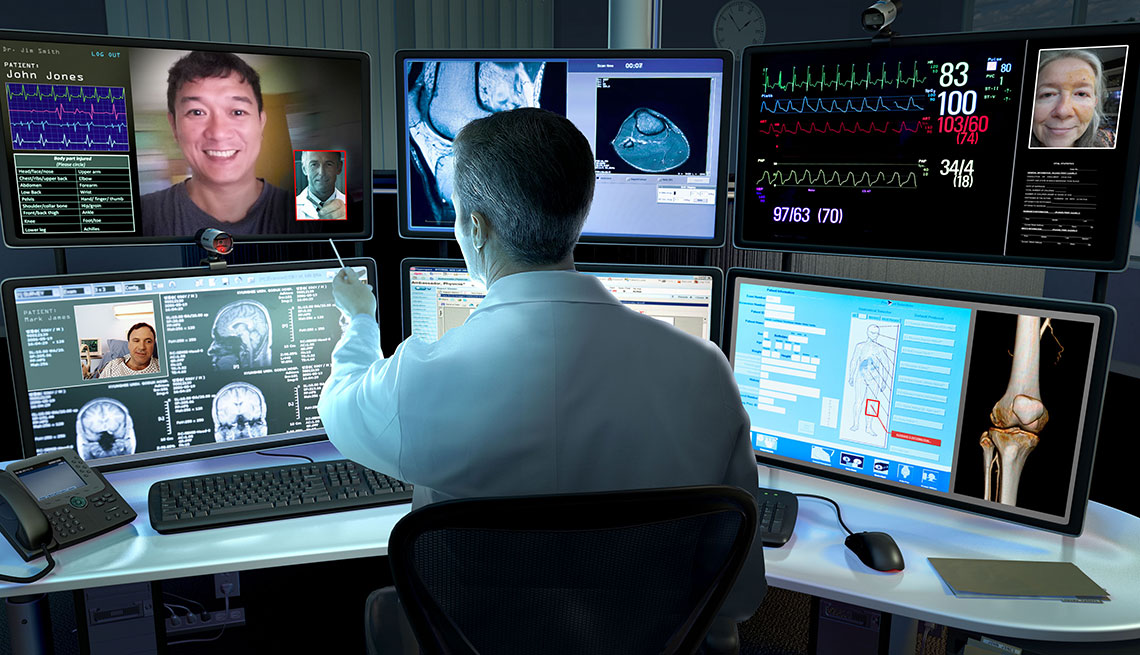Followup is the act of making contact with a patient or caregiver at a later, specified date to check on the patient's progress since his or her last appointment. Appropriate followup can help you to identify misunderstandings and answer questions, or make further assessments and adjust treatments. In addition, followup helps to promote a good working relationship between you and your patients.

Our reasons for followup.
-
-
Monitor health.
-
Reinforce knowledge and action plans.
-
Confirm medicine regimens.
-
Schedule appointments.
-
Verify followthrough on referrals.
-
Share lab results.
-
Ask patients to record information.
-
An excellent way to monitor health is to have patients track key clinical values and share that information with you between visits.
-
For routine monitoring (e.g., blood sugar, blood pressure, weight), patients can record their values. This can be done using simple forms.
-
Instructions to patients should include directions to contact the practice when their clinical values are of concern (e.g., blood pressure above 140/90, weight gain of more than 2 to 3 pounds in a day for heart failure patients).
Our team who will follow up with patients.
-
Primary Care Clinician. If the followup is complex or sensitive, the primary care clinician may need to follow up.
-
Nurse and Medical Assistant. Nurses and Medical Assistants have the training and expertise to follow up with patients to review things like blood pressure and blood glucose values. Nurses can also discuss and encourage specific health behaviors, review medicine adherence, and clarify lab results sent through the mail.
-
Pharmacist. A pharmacist, if you have one on site, is an ideal clinician to follow up with patients about their medicines.
-
Other office staff. The front desk staff can follow up with patients to schedule appointments, confirm that patients have followed through with referrals, and provide patients with information about community resources.
-
Ways our office will follow up.
-
Phone. Talking on the phone allows patients to ask questions and staff to reiterate important points.
-
Secure email. Secure email is part of many patient portals and can be an effective way to communicate with patients.
-
Texting. For patients who use text messaging, this approach can be effective for sending patient reminders and answering quick questions.